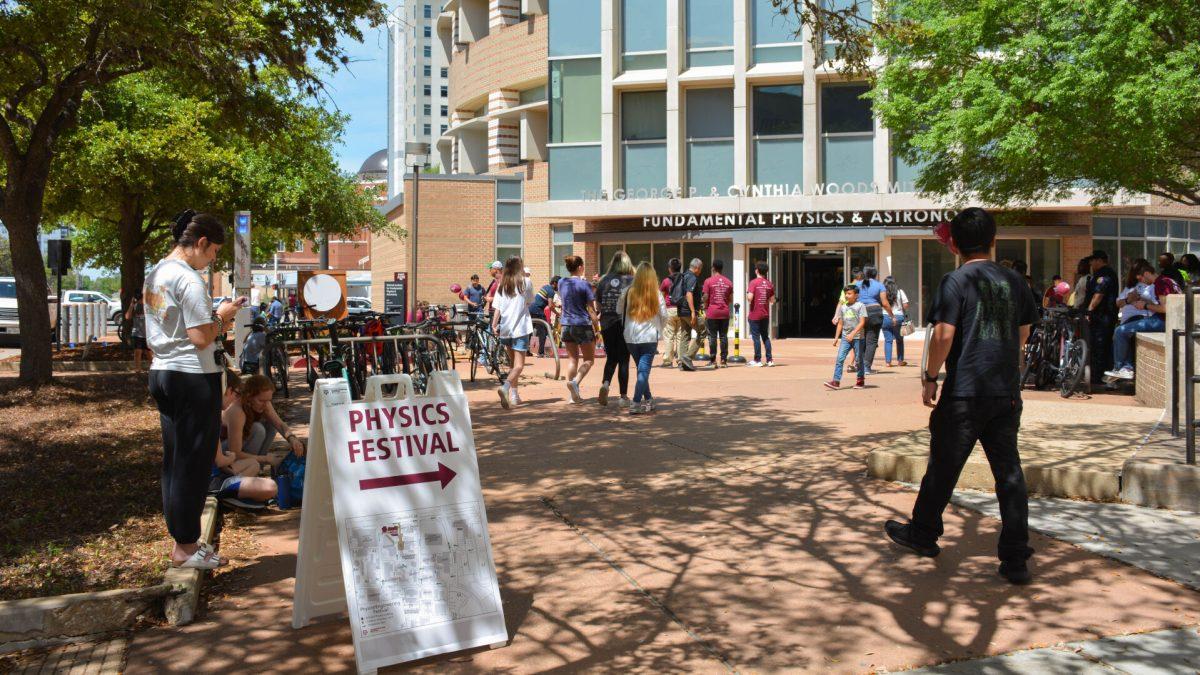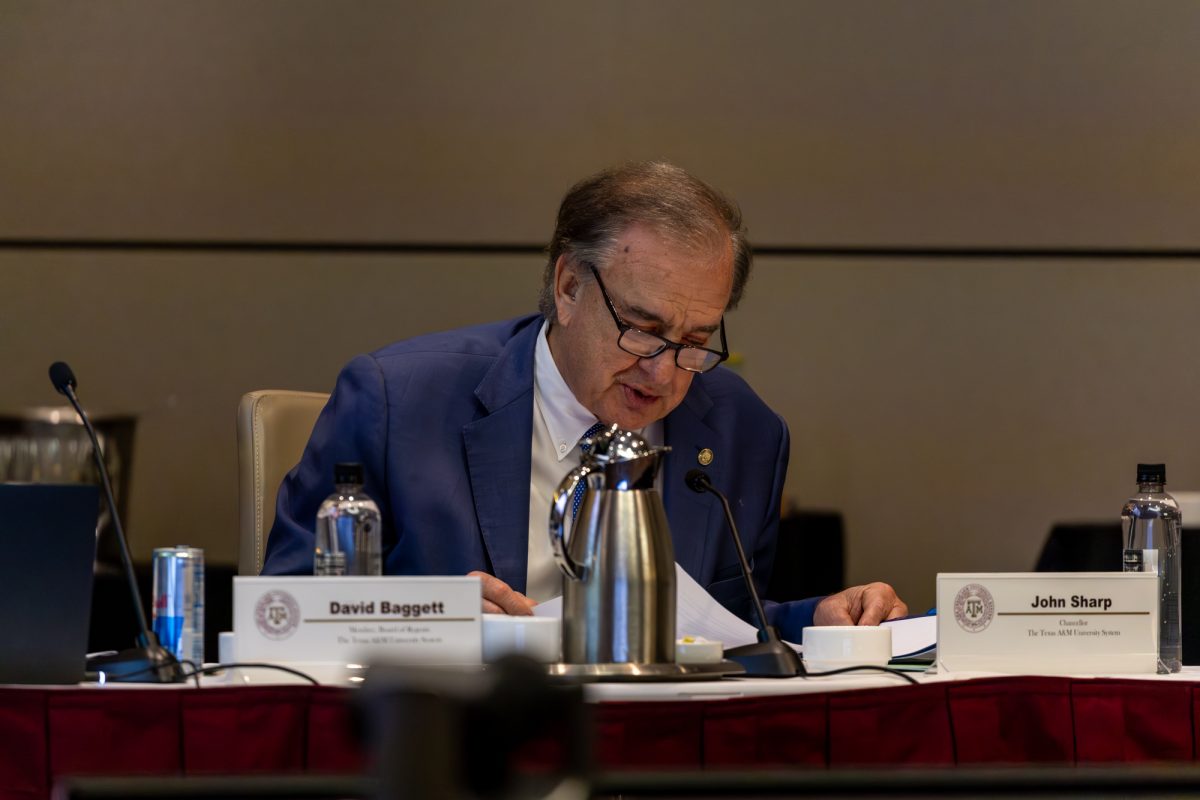Texas’ public health system is facing a crisis fueled by opioid and fentanyl misuse. In 2023, 5,093 Texans died from drug poisoning, 45.3% of which were from fentanyl alone. In response to this trend, Texas A&M’s Opioid Task Force has been intensifying efforts to reach rural communities across the state to combat overdose deaths.
Gov. Greg Abbott declared October Fentanyl Poisoning Awareness Month and released an educational video featuring college football coaches, including A&M coach Mike Elko, discussing the dangers of overdosing. Aimed towards young adults, the effort is just one of the state’s initiatives to stop the upward trend of overdose deaths among Texans, especially young adults.
At A&M, the Opioid Task Force, or OTF, combines new research with community outreach to provide evidence-based treatments and prevention for all Texans.
Joy Alonzo is the co-chair of the OTF and an assistant professor at A&M’s College of Pharmacy. Established in 2018, the program encourages professionals from any healthcare branch to implement collaborative solutions to opioid overdoses.
“I remember the day when the number of overdose deaths crossed the number of traffic deaths,” Alonzo said. “Everybody drives a car. I mean, you run the risk of having a fatal traffic accident every single day of your life. But now more people are killed in the United States, due to … opioids alone.”
Fentanyl is a rising concern for healthcare professionals and is the focus of outreach programs offered by the OTF. As a synthetic painkiller, fentanyl is over 100 times more potent than morphine. Two milligrams of fentanyl, smaller than the tip of a pencil, can be fatal to a person based on their height and weight.
“Youth overdoses have tripled year over year every year since 2019,” Alonzo said. “From a public health perspective, this makes you almost fall off your chair. You’re like, ‘What?’ There were 21 overdoses at Cleveland High School [in Houston] from August of 2023 to December of 2023. 21, and they all occurred in class on campus … It’s not somebody going to a social event. That’s in class.”
Public health sciences graduate student Hannah League, a program coordinator with the OTF, said the group trains individuals in overdose education and naloxone administration — one of the main ways regular individuals can stop an opioid overdose.
“Our goal through those trainings is to provide education on how this problem came to be,” League said. “And then we have a … six-step action plan. What are the steps for if you do encounter someone overdosing on opioids? What steps do you take to ensure their safety and to administer that Naloxone reversal to ultimately save their life?” League said.
According to Alonzo, the OTF has trained over 70,000 individuals across Texas. Those who have participated in Train the Trainer sessions have gone on to teach others, leading to approximately 140,000 people who now have access to opioid overdose reversal education.
“This is a real disease state — with real doctors and real drugs and real interventions that are evidence-based,” Alonzo said. “It’s not a character flaw, these kids. None of them thought that this was going to happen to them.”
In response to Texas Senate Bill 619, which has required all 6th to 12th-grade campuses across Texas to have naloxone training and access to the drug, OTF has begun teaching in school districts across the state. Over the summer, League trained school resource officers in using naloxone as well as identifying signs of an overdose.
“We just provided the training and outfitted Houston ISD, the 3rd largest ISD in all of Texas, so covering about 1.5 million kids,” Alonzo said. “We provide a model policy for their school board, and [we work] with physicians to get a standing order that is unique to each ISD that has to be signed every year.”
The OTF has also worked with A&M’s residency program in College Station and Detar to create programs that support patients with opioid use disorder. Brandon Williamson, MD, and Sidney Ontai, MD are two physicians who direct the family medicine residencies and teach future physicians about treatments.
“This is the purview of primary care physicians,” Alonzo said. “They have both courageously stood up clinics in support of people with opioid use disorder. Historically, it’s highly stigmatized care … We greatly support physicians, nurse practitioners, and other types of clinicians that are trying to start up clinics to support this kind of care because we just don’t have enough.”
For students who are interested in assisting their community in combating the opioid epidemic, OTF offers an ambassador program that trains students to go into their hometowns and teach organizations about the dangers of opioids.
“Our ambassador group is a great group of passionate students that are … just always ready to jump in and get involved with whatever needs that we have,” League said. “Our students come from all across campus — from engineering to college of pharmacy, from arts and sciences, [agriculture] life. I mean, all over. There are students that are passionate about this topic and want to get involved.”
With students assisting professionals, the OTF has tripled its impact and has allowed A&M to conduct the largest mass naloxone training event in the US in 2020.
Free naloxone can be obtained from https://naloxonetexas.com/.
















